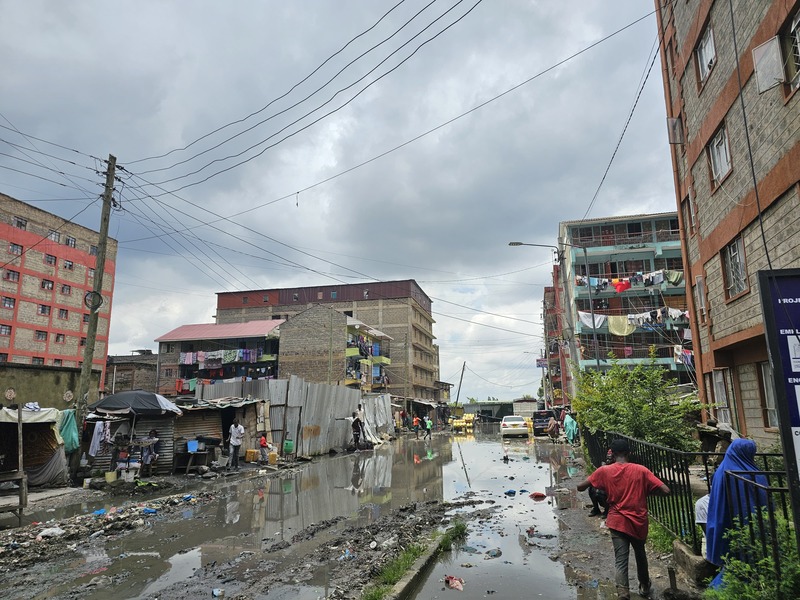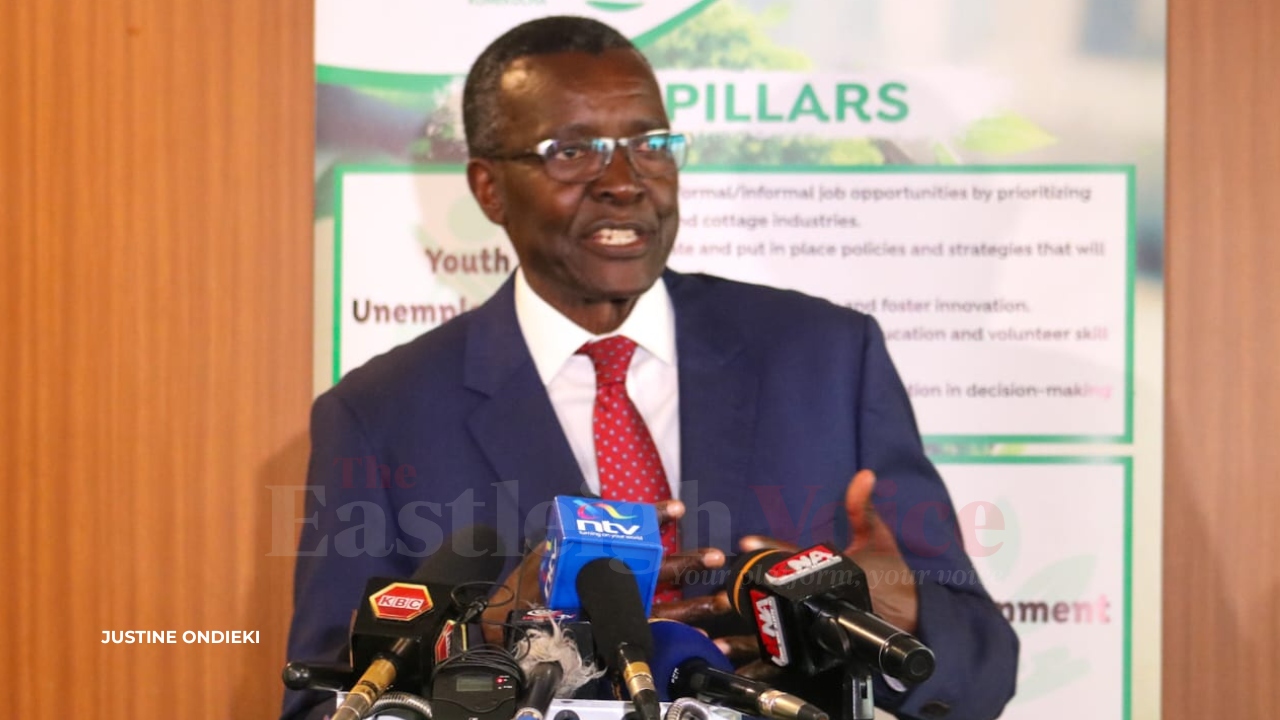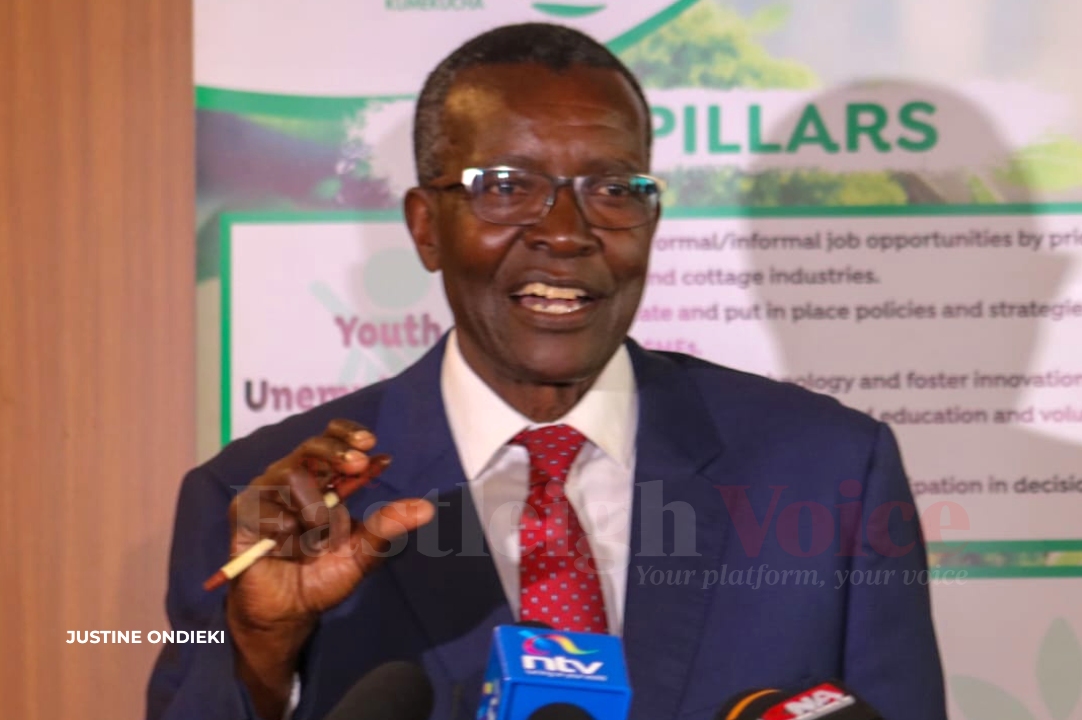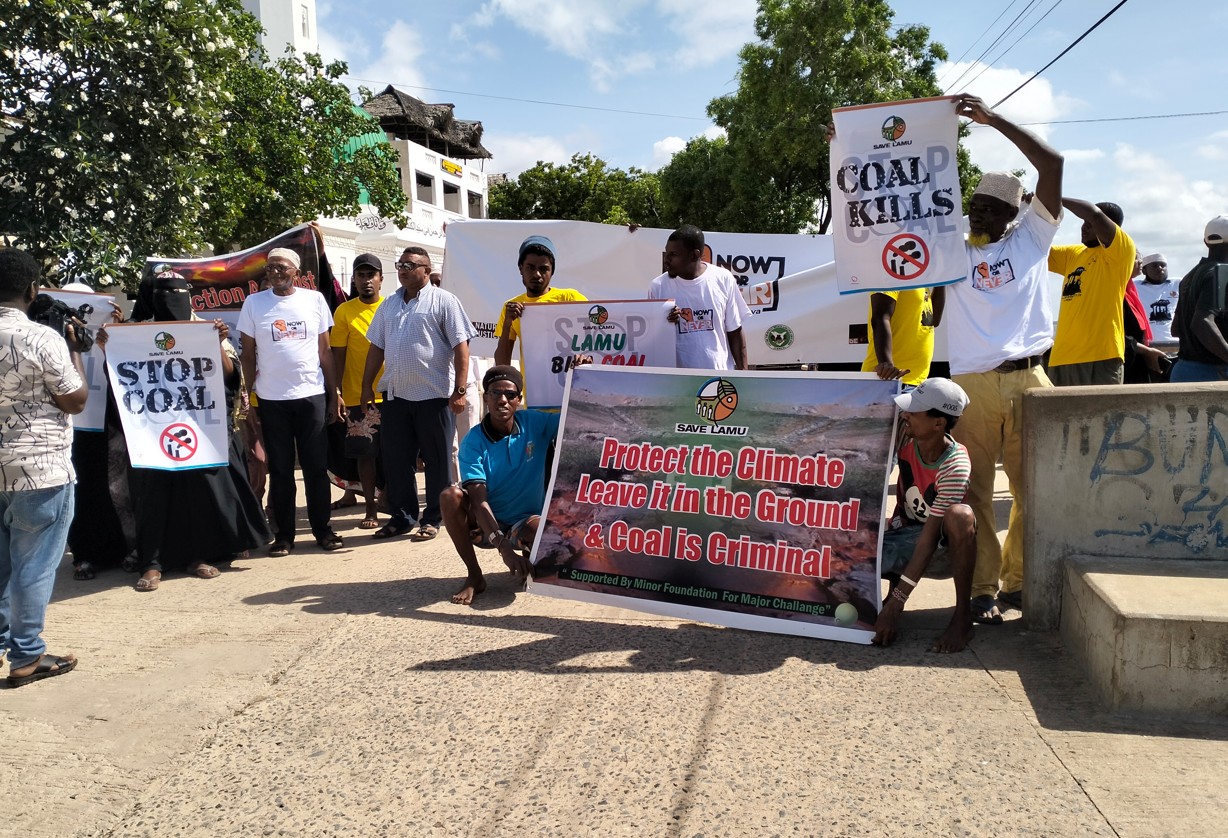UN Resident Coordinator warns of looming drought crisis amid ongoing floods

He also cautioned about the potential shift from floods to drought, citing forecasts indicating a possible return to drought conditions by the end of the year.
Dr. Stephen Jackson, the UN Resident Coordinator in Kenya, has raised concerns about the imminent threat of drought, citing the significant losses incurred by farmers due to ongoing floods.
He warned that the nation may face food shortages as crucial agricultural areas struggle with flood crises.
More To Read
- Millions at risk as World Meteorological Organisation warns of gaps in early warnings
- Ruto declares food security key to Kenya’s sovereignty
- Renewables overtake coal in global electricity generation
- WFP warns of severe hunger crisis amid funding cuts
- Why are over 670 million people going hungry?
- Bold, diverse and unstoppable: Girls speak out amid a world in crisis
"Given the climate crisis, it's inevitable that we'll face drought either this year or in the near future. This not only means the loss of livestock but also threatens the livelihoods of farmers," Dr. Jackson stated.
During an interview on Citizen TV, Dr. Jackson stressed the urgent need to strengthen the country's disaster preparedness.
He called on the National Assembly to swiftly pass the proposed National Disaster Risk Management Bill, emphasising the necessity for comprehensive measures to address the increasing frequency of natural disasters.
"Getting this right is critical because we'll be dealing with this for quite some time," Dr. Jackson said.
He also cautioned about the potential shift from floods to drought, citing forecasts indicating a possible return to drought conditions by the end of the year.
Dr. Jackson highlighted the concerning cycle of feast and famine, flood, and drought, stressing the importance of coordinated efforts to mitigate future crises.
"Many farms have been washed away, with irrigation systems destroyed in the floods. It's distressing to witness people abandoning their livelihoods. We need to respond to immediate needs while also planning for the future," he added.
However, Dr. Jackson warned against absolute certainty in predictions, noting that while long-range forecasts indicate significant risks, they do not guarantee an impending drought.
He urged caution among Kenyans, emphasising that while there is cause for concern, drought is not yet certain.
"What is certain, given the climate crisis, is that there will be drought again this year or in the coming years," he stated.
Acknowledging improvements in coordination between national and county governments, Dr. Jackson called for further enhancements to effectively address the challenges posed by natural disasters.
The toll from ongoing floods continues to rise, with 238 lives lost and nearly 300,000 individuals affected as of Tuesday evening.
Agricultural regions, particularly those in the Rift Valley, Nyanza, Coastal areas, and around Mount Kenya, have suffered severe damage, endangering food security.
Farmers are grappling with significant losses as extensive farmland becomes submerged, infrastructure sustains damage, and crops are decimated. In the Mwea Irrigation Scheme, rice farms have vanished under floodwaters, exacerbating the plight of farmers.
The National Disaster Operations Centre reported that by the end of April, approximately 4,824 livestock had perished, 27,717 acres of cropland were damaged, and 264 small businesses along with 24 schools were affected.
Top Stories Today











































